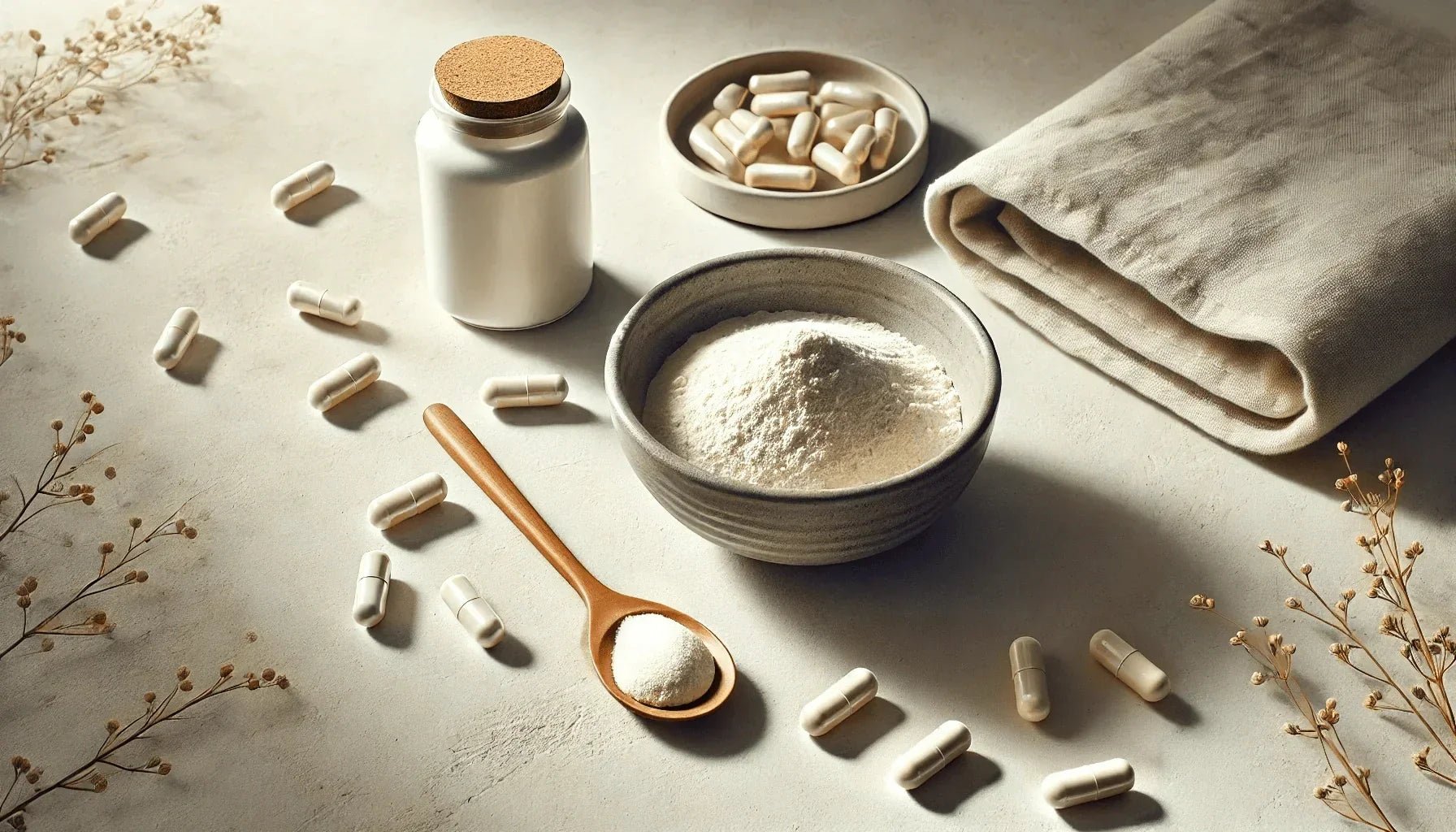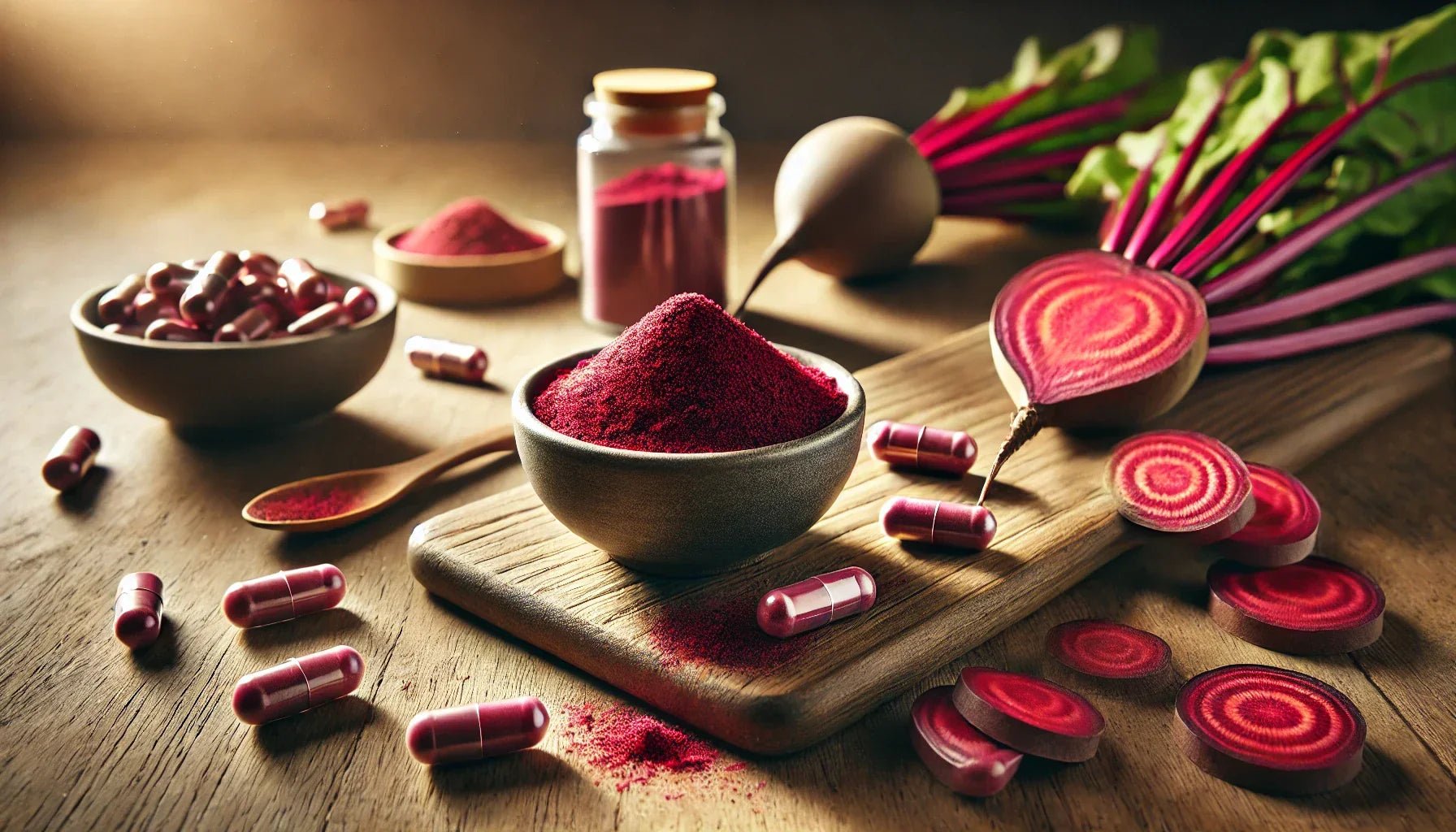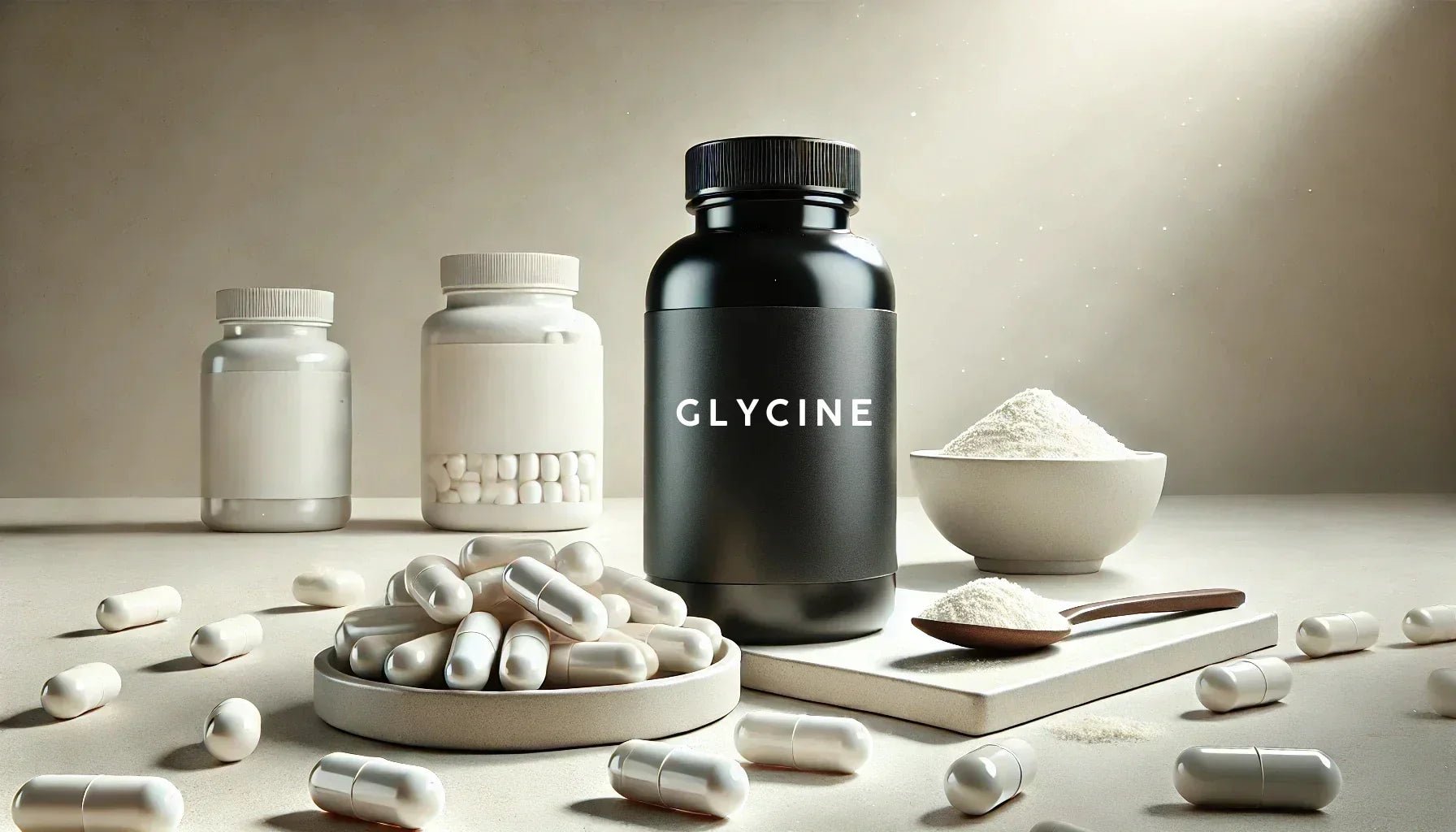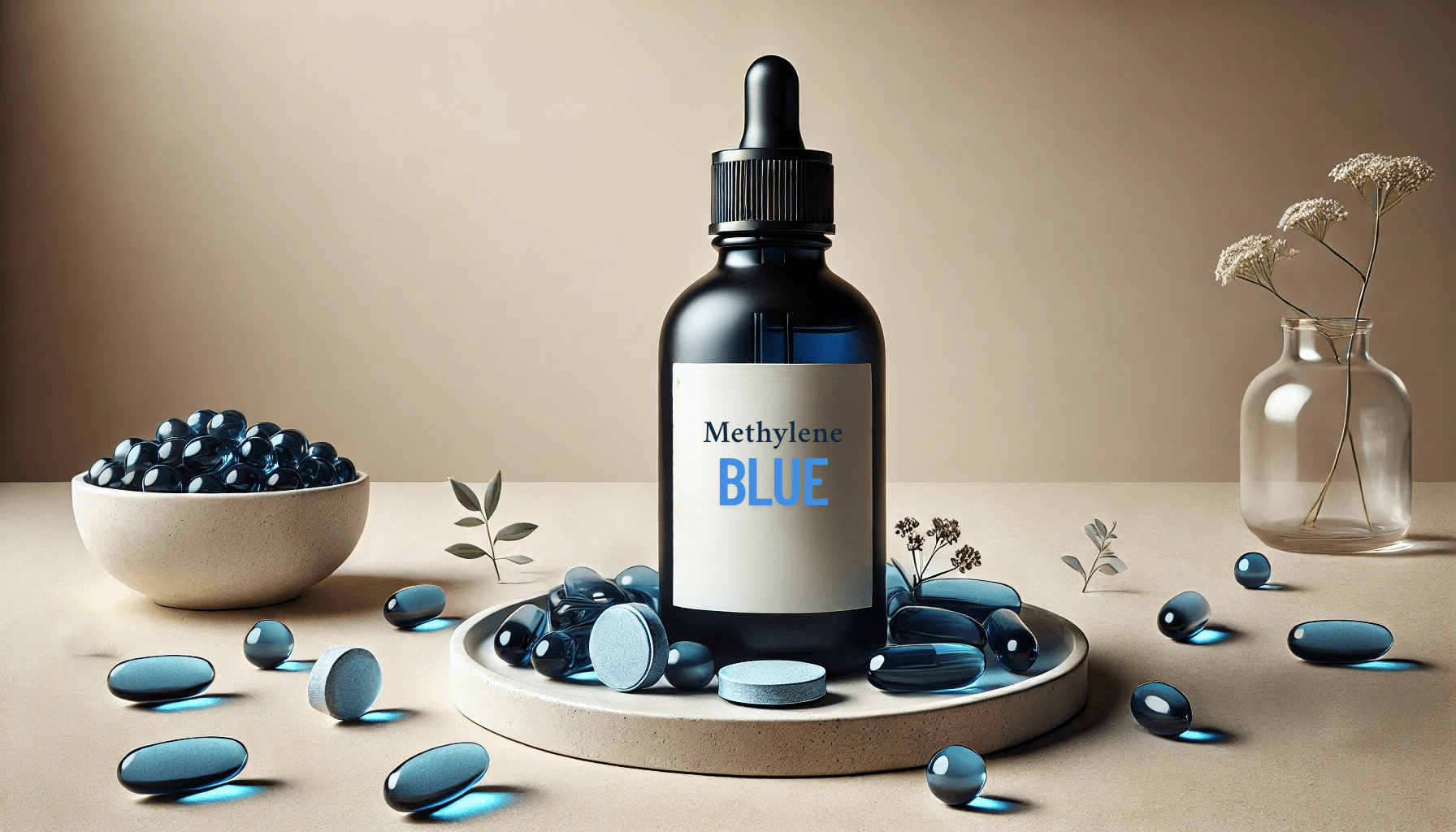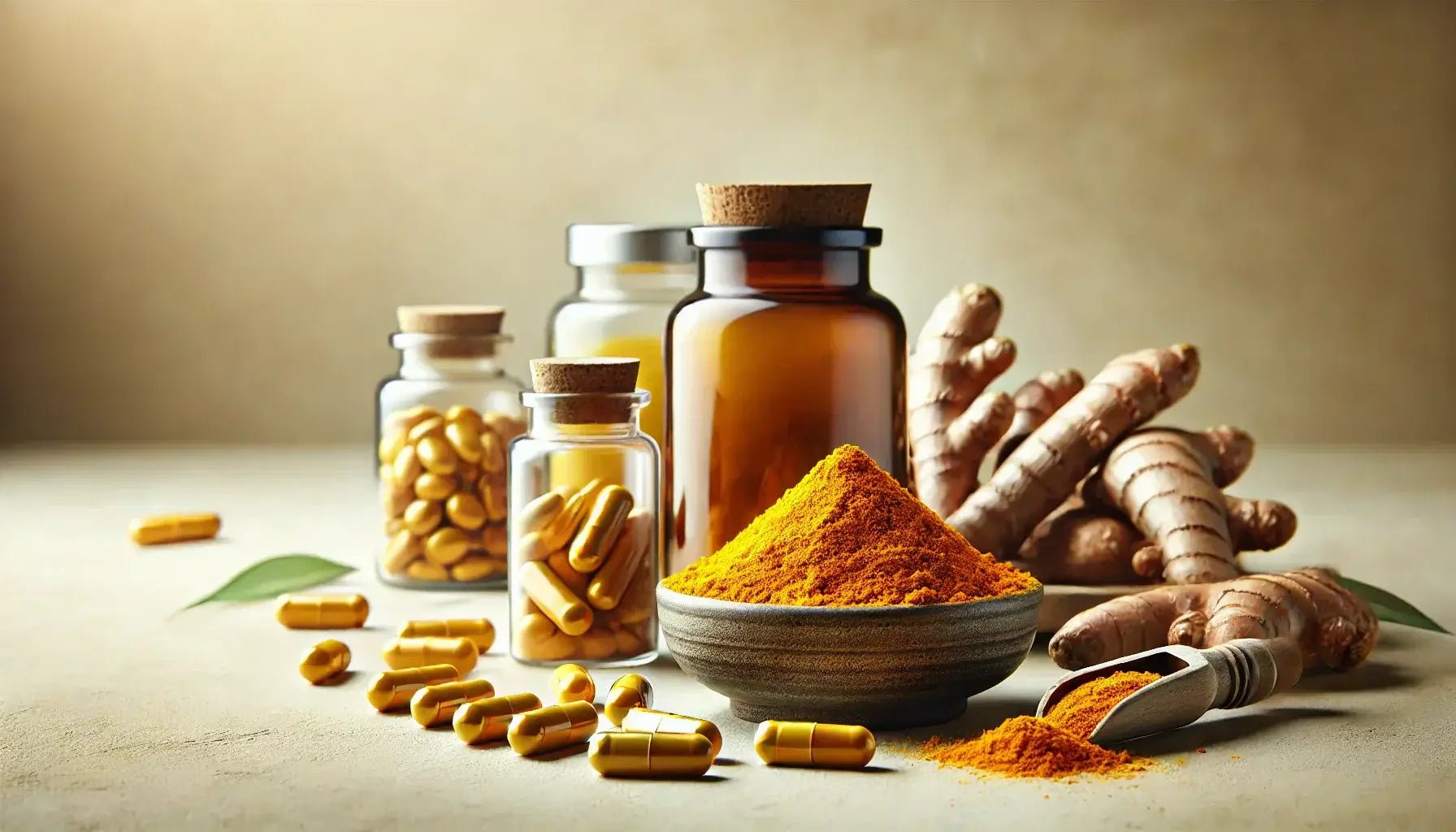Gut health is a hot topic, but many people are still confused about the difference between probiotics and prebiotics. Both are crucial for digestive health, immunity, and even mood, but they work in different ways. This comprehensive guide explains what probiotics and prebiotics are, how they support your microbiome, the science behind their benefits, and how to choose the right foods and supplements for your needs.
What Are Probiotics and Prebiotics?
Probiotics are live microorganisms—primarily beneficial bacteria and some yeasts—that, when consumed in adequate amounts, confer health benefits on the host. These “good bacteria” help balance your gut microbiome, support digestion, and interact with your immune system. According to the National Institutes of Health, probiotics are most commonly found in fermented foods and supplements, and their main advantage is their effect on the development and balance of the microbiota inhabiting the human body.
Prebiotics, on the other hand, are types of dietary fiber and natural compounds that feed the beneficial bacteria already living in your gut. They pass undigested through the upper part of your digestive tract and become food for your healthy microbes in the colon. Prebiotics are found in a variety of plant foods, including chicory root, onions, garlic, bananas, and oats. As described in a 2022 review in Frontiers in Nutrition, prebiotics are not digested by human enzymes but are fermented by gut bacteria, producing beneficial compounds like short-chain fatty acids (SCFAs).
How Probiotics and Prebiotics Work in the Body
Think of your gut as a garden. Probiotics are like planting new seeds—adding more beneficial bacteria to your digestive tract. Prebiotics are the fertilizer—nourishing the good bacteria that are already there, helping them grow and thrive. Both are essential for a healthy, balanced microbiome.
The human gut is home to trillions of microbes, collectively known as the gut microbiota. These microbes are involved in breaking down food, producing vitamins, training the immune system, and even communicating with the brain. When your gut bacteria are out of balance—due to stress, antibiotics, illness, or a poor diet—your digestion, immunity, and mood can all suffer.
Probiotics work by introducing more beneficial bacteria to your gut, which can help:
- Restore balance after antibiotics or illness
- Compete with harmful bacteria for space and nutrients
- Produce substances that inhibit pathogens
- Strengthen the gut barrier
- Interact with immune cells to modulate immune function (PMC)
Prebiotics work by feeding the good bacteria already present, helping them multiply and produce beneficial compounds like SCFAs. SCFAs help nourish colon cells, reduce inflammation, and regulate metabolism (Frontiers in Nutrition).
The Gut-Brain Connection: More Than Digestion
The relationship between your gut and your overall health goes far beyond digestion. Scientists now refer to the gut as the “second brain” because it contains its own network of neurons and produces many of the same neurotransmitters as your brain, such as serotonin and dopamine. According to Frontiers in Nutrition, prebiotics and probiotics can influence the central nervous system, immune system, and even cardiovascular health.
Research suggests that a healthy gut microbiome can influence mood, stress response, and even cognitive function. For example, certain probiotics may help regulate the gut-brain axis and improve mental well-being by producing neurotransmitters and modulating inflammation.
Benefits of Probiotics
- Digestive Health: Probiotics can help prevent and treat diarrhea, including traveler’s diarrhea and that caused by antibiotics. They may also relieve symptoms of irritable bowel syndrome (IBS) and inflammatory bowel disease (IBD) (Nature Reviews Gastroenterology & Hepatology).
- Immunity: By stimulating intestinal immune cells, probiotics help modulate immune functions and may reduce the risk of infections (PMC).
- Allergy and Eczema Relief: Some strains of probiotics may reduce the severity of eczema in children and decrease allergy symptoms.
- Urinary and Vaginal Health: Probiotics can help prevent urinary tract infections and maintain healthy vaginal flora.
- Mood and Mental Health: Certain strains, such as Lactobacillus rhamnosus, have been shown to reduce anxiety and improve mood in animal and human studies.
- Metabolic Health: Probiotics may help regulate blood sugar, reduce cholesterol, and support weight management (ScienceDirect).
Benefits of Prebiotics
- Support for Beneficial Bacteria: Prebiotics selectively feed good bacteria like Bifidobacteria and Lactobacilli, helping them flourish.
- Improved Digestion and Regularity: By increasing stool bulk and water content, prebiotics help prevent constipation and promote regular bowel movements.
- Enhanced Mineral Absorption: Prebiotics can increase the absorption of essential minerals like calcium and magnesium.
- Immune Support: By enhancing the growth of beneficial bacteria, prebiotics indirectly support immune function.
- Blood Sugar Balance: Slowing the digestion and absorption of carbohydrates, prebiotics may help regulate blood sugar levels.
- Production of SCFAs: Fermentation of prebiotics by gut bacteria produces SCFAs, which have anti-inflammatory and metabolic benefits (Frontiers in Nutrition).
Probiotics vs Prebiotics: Key Differences
| Probiotics | Prebiotics | |
|---|---|---|
| What are they? | Live beneficial bacteria | Non-digestible fibers and compounds |
| How do they work? | Add new bacteria to your gut | Feed existing good bacteria |
| Main sources | Fermented foods, supplements | High-fiber plant foods, supplements |
| Key benefits | Restore balance, support immunity, improve digestion | Promote growth of good bacteria, support gut barrier, regulate metabolism |
| Best for | After antibiotics, digestive issues, immunity, mood | Daily gut health, regularity, mineral absorption, metabolic health |
Top Food Sources of Probiotics and Prebiotics
Probiotic Foods
- Yogurt: Look for labels that say “live and active cultures.”
- Kefir: A fermented milk drink with diverse probiotic strains.
- Kimchi: Spicy fermented cabbage, rich in lactic acid bacteria.
- Sauerkraut: Fermented cabbage (choose unpasteurized for live cultures).
- Miso: Fermented soybean paste, popular in Japanese cuisine.
- Tempeh: Fermented soybeans, high in protein and probiotics.
- Kombucha: Fermented tea with beneficial bacteria and yeasts.
- Pickled vegetables: Only those fermented in brine, not vinegar.
Prebiotic Foods
- Chicory root: One of the richest sources of inulin fiber.
- Garlic and onions: Contain inulin and fructooligosaccharides (FOS).
- Leeks and asparagus: High in prebiotic fibers.
- Bananas: Especially slightly green bananas, rich in resistant starch.
- Oats: Contain beta-glucan, a prebiotic fiber.
- Jerusalem artichokes: High in inulin.
- Apples: Contain pectin, a prebiotic fiber.
- Barley, wheat bran, and rye: Good sources of prebiotic fibers.
- Cocoa powder: Rich in polyphenols that act as prebiotics.
Should You Take Probiotics, Prebiotics, or Both?
For most people, the answer is both. Probiotics and prebiotics work best together—a combination known as synbiotics. By providing both the beneficial bacteria and the food they need to thrive, you can optimize your gut health and support digestion, immunity, and even mood.
As noted in Frontiers in Nutrition, prebiotics promote the growth of probiotics, and together they help maintain a healthy intestinal flora, regulate immunity, and support overall well-being.
Some supplements now combine both probiotics and prebiotics in one formula, making it easier to get the benefits of both. However, food sources are generally preferable for most people, as they provide a wider range of nutrients and beneficial compounds.
When to Consider Supplements
While a balanced diet rich in fermented foods and high-fiber plants is ideal, supplements can be helpful in certain situations:
- After antibiotic use, which can wipe out good bacteria
- During periods of digestive distress or irregularity
- When traveling, especially to places with different food and water
- If you have dietary restrictions that limit probiotic or prebiotic foods
- For specific health conditions (e.g., IBS, eczema, immune support)
If you choose supplements, look for:
- Probiotics with multiple strains and high colony-forming units (CFUs)
- Prebiotics containing inulin, FOS, or other well-researched fibers
- Third-party tested brands with transparent labeling
FAQs About Probiotics and Prebiotics
Can I take probiotics and prebiotics together?
Yes! In fact, taking them together (as synbiotics) can enhance the effectiveness of both. A 2022 review found that synbiotic supplements improved gut microbiota composition and function more than either alone.
How long does it take to notice benefits?
Most people notice improvements in digestion within 2–4 weeks of consistent use. Immune and mood benefits may take 8–12 weeks.
Are there any side effects?
Some people may experience mild gas or bloating when starting probiotics or prebiotics. These effects are usually temporary and resolve as your gut adapts. If symptoms persist, reduce the dose and increase gradually.
Do probiotics and prebiotics help with weight loss?
There is emerging evidence that a healthy gut microbiome may support weight management by influencing appetite, metabolism, and fat storage. However, probiotics and prebiotics are not magic bullets for weight loss—they work best as part of a balanced diet and healthy lifestyle.
Are all probiotic supplements the same?
No. Different strains have different effects, and not all products are equally effective. Look for reputable brands with clinically studied strains and transparent labeling.
Sample Daily Gut Health Routine
- Breakfast: Greek yogurt with banana and a sprinkle of oats (probiotic + prebiotic)
- Lunch: Lentil salad with onions, garlic, and a side of sauerkraut
- Snack: Apple slices with almond butter
- Dinner: Grilled salmon with asparagus and a miso soup starter
- Optional supplement: Synbiotic capsule with dinner if needed
The Bottom Line
Probiotics and prebiotics are both essential for gut health, but they serve different roles. Probiotics add beneficial bacteria to your digestive system, while prebiotics feed those bacteria and help them thrive. For most people, a diet rich in both probiotic and prebiotic foods is the best way to support digestion, immunity, and overall wellness. If you’re considering supplements, consult with a healthcare provider to find the best option for your needs.
By understanding the complementary roles of probiotics and prebiotics, you can make informed choices that support your gut—and your whole body—for years to come.


